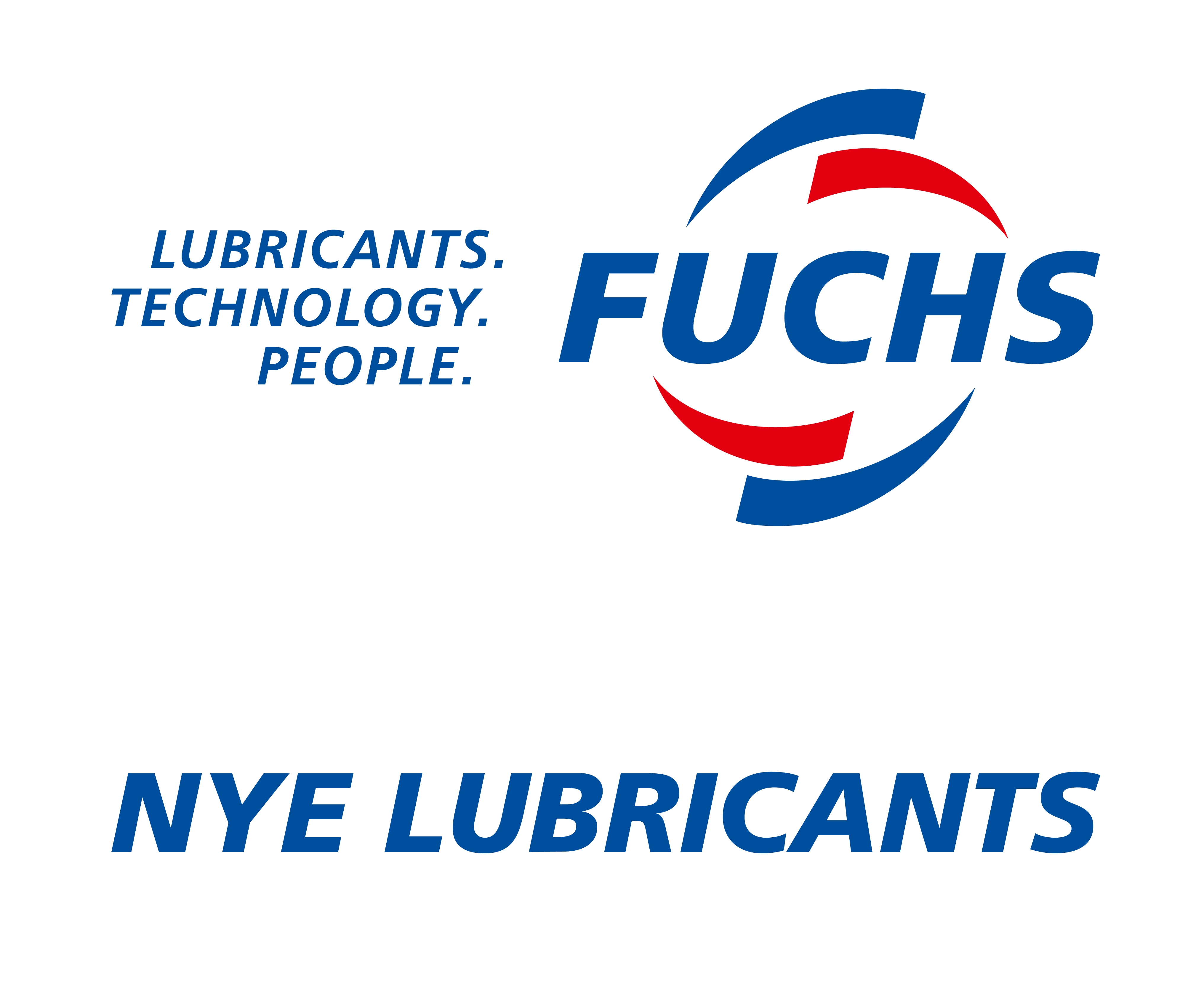Case Study: Reducing Noise in Potentiometers

Background
As potentiometers age, oxides can form on the metallic contacts of the wiper or slip ring and contaminants can gather between the wiper and the resistive track. Debris causes the potentiometer’s signal to “jitter” and emit a crackling noise in audio circuits. The customer, a research and development group that also offers repair and maintence services, decided to test the effect of lubrication on two potentiometers from the mid 1980’s that had begun to emit noise. This potentiometer featured an open design which exposed the component to additional debris. They approached one of our affiliates to see if our lubricant could restore the potentiometer and minimize future wear, protect against contamination, and preserve the correct mechanical feel of the control for future use.
Challenge
- Can the lubricant eliminate noise emissions and improve electrical contact performance?
Solution
Rheotemp™ 763G & Rheolube® 716A
- Wide operating temperature
- Excellent high-speed performance to prevent wear
- Seals the component to protect against dirt and other contaminants
- Compatible with most plastics and elastomers
- Grease selection determined by potentiometer speed of rotation and operation frequency.
| Product | Chemistry | Temp Range (°C) | Oil Separation (24 hrs @ 100°C) | Evaporation (24 hrs @ 100°C) |
|---|---|---|---|---|
RHEOTEMP 763G |
Ester/ Lithium Soap | -54 to 150 | 4.6% | 0.3% |
RHEOLUBE 716A |
PAO-Alkylated Naphthalene / Polyurea | -54 to 175 | 0.5% | 0.1% |
Results
The customer obtained voltage readings from their potentiometers before and after lubrication. Without lubrication, the potentiometers lost contact with the resistive track and created electrical noise. Both potentiometers were then cleaned and lubricated, one coated with Rheotemp™ 763G and the other with Rheolube® 716A. After lubrication, neither potentiometer emitted noise. Additionally, the grease improved the electrical performance of the devices and imparted a smooth quality feel.
Want to learn more? Contact Us.


